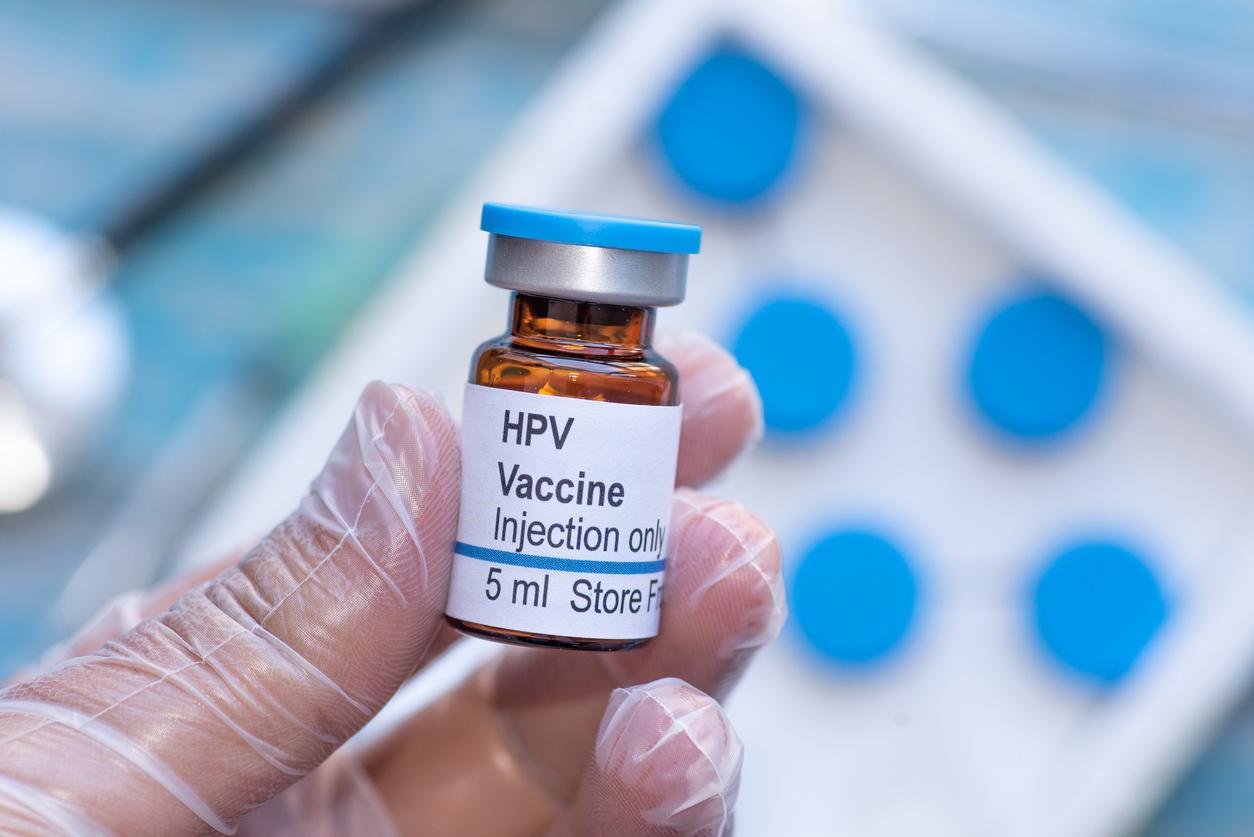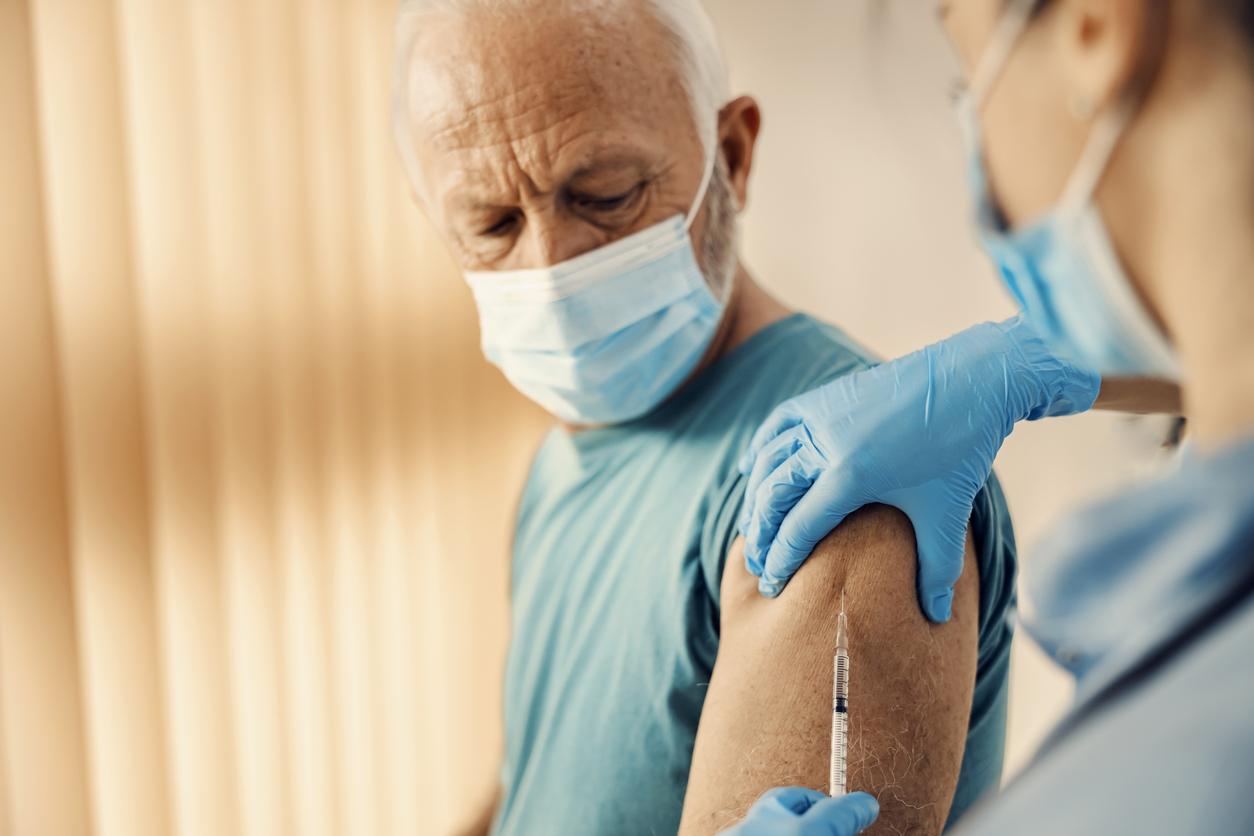Vaccination of pregnant women does not increase the risk of miscarriage. As for that of children aged 5 to 11, still under study in Europe, it should begin in November in the United States.

- Vaccination even seems to reduce the risk of miscarriage.
- After the first trimester of pregnancy, the risk of miscarriage from vaccines who have been injected with one of these products does not increase.
- Children receive a lower dose of vaccine due to a stronger immune response than adults.
Pregnant women are more at risk of severe forms of Covid-19. Several studies have demonstrated the benefits of vaccination to protect against hospitalizations. Despite everything, the idea that it would increase the risk of miscarriage remained. New research, published October 20 in the New England Journal of Medicineraises the doubt: anti-Covid vaccines do not lead to an additional risk of miscarriage.
A slightly lower risk of miscarriage in vaccinated women
The study, led by Norwegian researchers, aimed to compare all pregnant women in Norway between February 15 and August 15, 2021, whether or not they had a miscarriage. In total, the authors 13,956 women carried their pregnancies to term while 4,521 had a miscarriage. In both groups, women vaccinated against Covid-19 accounted for 5%.
Vaccinated women even had less of a tendency to miscarry than the others. They are 23% to have had a miscarriage, against 24.5% among those who have not been vaccinated. The researchers then established an “odds ratio” which rises to 0.92 and even drops to 0.81 when other factors such as the woman’s age or her socio-economic level were taken into account. The fact that this figure is less than 1 indicates an attenuated risk of miscarriage in vaccinated pregnant women compared to those who are not.
Important to get vaccinated
The scientists then refined their search by detailing their result vaccine by vaccine. Whether Pfizer, Moderna or AstraZeneca, none increases the risk of miscarriage. After the first trimester of pregnancy, the risk of miscarriage from vaccines who have been injected with one of these products does not increase.
“These results are reassuring for women who were vaccinated early in their pregnancy and add to the growing body of evidence demonstrating the safety of Covid-19 vaccines in pregnancy.concluded Deshayne Fell, associate professor in the School of Epidemiology and Public Health at the Faculty of Medicine at the University of Ottawa and lead author of the article. It is important that pregnant women are vaccinated, as they are more likely to be hospitalized and suffer complications from Covid-19, not to mention that their babies are at increased risk of being born too early. In addition, it is likely that vaccination during pregnancy protects the newborn against Covid-19 in the first months after birth”.
A lower dose for children
In addition, the question of the vaccination of children aged 5 to 11 is currently being raised. While in the United States, the first injections could take place in early or mid-November, Europe has just started evaluating the data. To protect the youngest, the same schedule as adults is considered with two injections on the same schedule. The only difference comes from the dosage of these doses: they are a third of the size of those used for adults.
The currently used dose for adults is 30 micrograms. For children 5 to 11 years old, Pfizer recommends a dose of 10 micrograms. Such a difference is explained by the desire to maximize the immune response while minimizing possible side effects. “Children actually tend to have very robust immune responsestold CNN Dr. Kari Simonsen, who led the Pfizer vaccine trial at Children’s Hospital & Medical Center in Omaha, Nebraska. They can create strong responses to smaller amounts of vaccine antigen.”
Data from phase 2 and 3 clinical trials has thus shown an immune response as good as for adults despite a lower dosage, with fewer side effects. The lower dose should also reduce the theoretical risk of myocarditis, the inflammation of the heart muscle that has been seen in a small number of people after receiving the Pfizer and Moderna vaccines. Scientists also indicate that this will still have to be closely monitored.

.

















